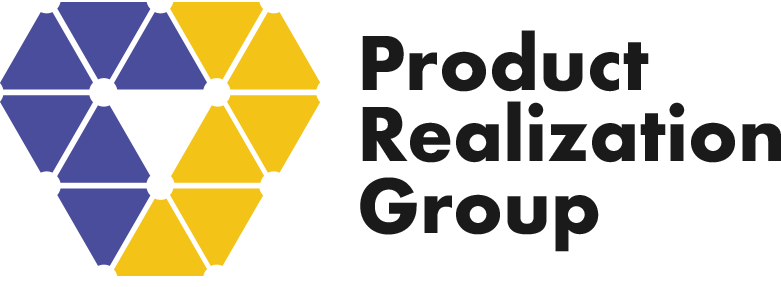Below is an edited transcript:
Mike Keer, CEO of Product Realization Group: What advice would you give newbies who are making the transition from development of non-medical to medical devices to medical devices? Why don’t you go ahead and start, Jennifer?
Jennifer Ernst, CEO of Tivic Health: Don’t isn’t an option, right? No, actually I have not found it to be as daunting as people would like to believe. It is possible to make the transition although there is a learning curve, in my case, I have a co-founder who is a 30-year biomedical engineer and has experience with portions of the regulations. Surrounding myself with experts was critical for me. Surround yourself with experts, but don’t necessarily trust everything they say.
One of the things I learned is that there can be a tendency for someone to believe that it’s already done. I come from Medtronic and I did it this way at Medtronic because the regulations say we have to do it that way. And by and large, a lot of the regulations say you need to have a process for doing something a certain way but don’t dictate how to do it. With those experts around, you need to question.
Jeffrey Christian, CEO of Phoenix DeVentures: I spent a few years in the aircraft industry before getting into medical and when I transitioned into medical, I found a much, frankly, a greater degree of satisfaction knowing that every product we make is going into a patient, an individual. You have a visceral connection with the productand when you see your product in the market saving a life or saving someone’s eyesight, or whatever your product does, there is a satisfaction that.
Because of all the regulations determining the way you have to work, you should expect to be frustrated at times, many times. As Murphy said, “everything takes longer than it takes”. And, as Tom Cezen said, “Nothing that’s good works on it’s own just to please you, you have to make the damn thing work”. Whether it’s your product or your business, you have to make it work. It’s not going to work just to please you.
Walt Maclay, CEO of Voler Systems: With the medical devices, you can take advantage of the regulations, making them part of your strategy. The regulations may be a barrier to entry but once you are past them, they are a barrier to entry for everybody else. There’s both a good side and a bad side to regulations.
Howard Edelman, CEO of Advanced Resin Therapeutics: Success in the medical device space happens when development doesn’t live in isolation. In other industries, in tech for example, you may have a great idea and then run quickly to develop it then to see if your device can sell and stick out there. But in the medical device world, there are a number of different components that need have to must work together. Some may be foreign to you if you haven’t been in this industry. It will be necessary to have different strategies and different plans, you will have to plan a lot and deliver plans in the medical device space. That’s part of the regulations and the fellow register.
You need to consider reimbursement strategy and also regulatory strategy. “How do I get through the FDA or CE Marking?” I have to worry about the clinical strategy and how the product development supports the clinical strategy? How does the clinical strategy support the reimbursement strategy? You might be developing a product for a certain condition for treatment, but the clinicals you’re doing to show that the product is safe and effective, may not be appropriate for the reimbursement strategy. You may not got indications from use that are appropriate so you get paid and you actually have a business that makes money.
There are a lot more legs to the stool, if you will, that you have to worry about and you have to make sure all of these things integrate together. Different areas of expertise need to be consulted and input into the different strategies. For example, for product development, you may need to consider very good tools and gloves for data collection in your development system to collect the data you need for clinicals, but that may impact your reimbursement strategy.
You need good advisors and consultants, and you need to get the answers to these questions from a number of different people. Yt you really have to consider many different things that impact the various parts of your business.
Walt Maclay: We mentioned reimbursement. This is something that people are unaware of in other industries. If you’re going to sell a product that’s going to be paid for by a doctor or a hospital or other health professional, anybody other than the patient, you need to have a reimbursement code and it has to authorize enough payment that you can make a profit on it. There have been many companies that went out of business because they couldn’t get a reimbursement code. It’s not easy. Keep this in mind for your strategy.
Additional topics
- What are the most common causes of failure, or delay, when developing a medical device that you’ve encountered?
- What advice would you give for newbies making the transition from non-medical to medical device development?
- How does medical device development differ from other types of product development?


